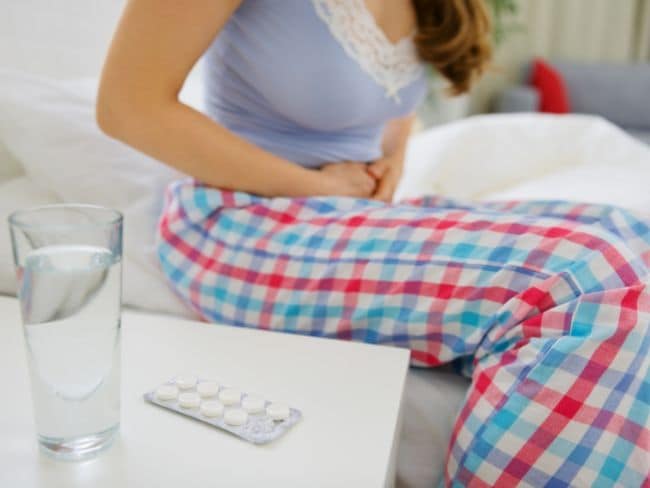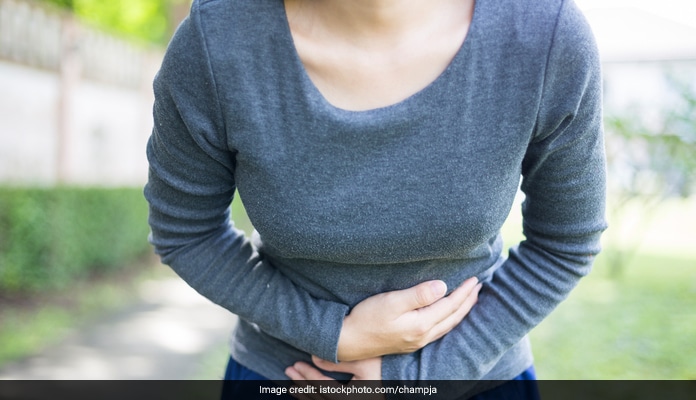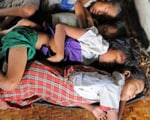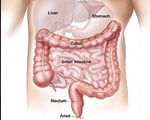Diarrhoea in adults
What is it?
Diarrhoea is the passage of loose, watery stools occurring more than three times in one day. It is a common problem that usually lasts a day or two and goes away on its own without any special treatment. However, prolonged diarrhoea can be a sign of other problems. Diarrhoea can cause dehydration, which means the body lacks enough fluid to function properly and it must be treated promptly to avoid serious health problems.
What are the causes?
Diarrhoea may be caused by a temporary problem, like an infection, or a chronic problem, like an intestinal disease. A few of the more common causes of diarrhoea are bacterial infections. Several types of bacteria, consumed through contaminated food or water, can cause diarrhoea. Common types include Campylobacter, Salmonella, Shigella, and Escherichia coli.
Viral infections: Many viruses cause diarrhoea, including rotavirus, Norwalk virus, cytomegalovirus, herpes simplex virus, and viral hepatitis. Food intolerances: Some people are unable to digest a component of food, such as lactose, the sugar found in milk. Parasites can enter the body through food or water and settle in the digestive system. Parasites that cause diarrhoea include Giardia lamblia, Entamoeba histolytica, and Cryptosporidium. Reaction to medicines, such as antibiotics, blood pressure medications, and antacids containing magnesium. Intestinal diseases, like inflammatory bowel disease or coeliac disease. Functional bowel disorders, such as irritable bowel syndrome, in which the intestines do not work normally. Some people develop diarrhoea after stomach surgery or removal of the gallbladder. The reason may be a change in how quickly food moves through the digestive system after stomach surgery or an increase in bile in the colon that can occur after gallbladder surgery. In many cases, the cause of diarrhoea cannot be found. As long as diarrhoea goes away on its own, an extensive search for the cause is not usually necessary. People who visit foreign countries are at risk for traveller’s diarrhoea, which is caused by eating food or drinking water contaminated with bacteria, viruses, or, sometimes, parasites. Traveller's diarrhoea is a particular problem for people visiting developing countries
What are the symptoms?
Diarrhoea may be accompanied by cramping abdominal pain, bloating, nausea, or an urgent need to use the bathroom. Depending on the cause, a person may have a fever or bloody stools. Diarrhoea can be either acute or chronic. The acute form, which lasts less than 3 weeks, is usually related to a bacterial, viral, or parasitic infection. Chronic diarrhoea lasts more than 3 weeks and is usually related to functional disorders like irritable bowel syndrome or diseases like coeliac disease or inflammatory bowel disease.
Also read: Fight Diarrhoea With These Home Remedies
How is the diagnosis made?
Diagnostic tests to find the cause of diarrhoea include the following:
Medical history and physical examination: The doctor will need to know about the eating habits and medication use and will examine for signs of illness.
Stool culture: Lab technicians analyse a sample of stool to check for bacteria, parasites, or other signs of disease or infection.
Blood tests: Blood tests can be helpful in ruling out certain diseases. Fasting tests: To find out if a food intolerance or allergy is causing the diarrhoea, the doctor may ask one to avoid lactose (found in milk products), carbohydrates, wheat, or other foods to see whether the diarrhoea responds to a change in diet.
Sigmoidoscopy: For this test, the doctor uses a special instrument to look at the inside of the rectum and lower part of the colon.
Colonoscopy: This test is similar to sigmoidoscopy, but the doctor looks at the entire large intestine.
What is the treatment?
In most cases, replacing lost fluid to prevent dehydration is the only treatment necessary. Medicines that stop diarrhoea may be helpful in some cases, but they are not recommended for people whose diarrhoea is from a bacterial infection or parasite, stopping the diarrhoea traps the organism in the intestines, prolonging the problem. Instead, doctors usually prescribe antibiotics. Viral causes are either treated with medication or left to run their course, depending on the severity and type of the virus. In adults with diarrhoea, it may help to drink plenty of fluids to avoid becoming dehydrated.
Adding bulk to the diet may thicken the stool and decrease the frequency of stools. Certain foods thicken the stools, including rice, bananas, yogurt, and cheese. An increase in fibre from whole-wheat grains and bran add bulk to the diet.
Preventing dehydration - Dehydration occurs when the body has lost too much fluid and electrolytes (the salts potassium and sodium). The fluid and electrolytes lost during diarrhoea need to be replaced promptly, the body cannot function properly without them. Although water is extremely important in preventing dehydration, it does not contain electrolytes. To maintain electrolyte levels, one could have broth or soups, which contain sodium, and fruit juices, soft fruits, or vegetables, which contain potassium.
What are the dietary and lifestyle advice?
 Foods to avoid in diarrhoea
Foods to avoid in diarrhoea
Until diarrhoea subsides, one should try to avoid milk products and foods that are greasy, high-fibre, or very sweet. These foods tend to aggravate diarrhoea. As one improves, one can add soft, bland foods to the diet, including bananas, plain rice, boiled potatoes, toast, cooked carrots, and baked chicken without the skin or fat.
Traveller's diarrhoea happens when one consumes food or water contaminated with bacteria, viruses, or parasites. One can take the following precautions to prevent traveller's diarrhoea when one goes abroad:
- Do not drink any tap water, not even when brushing your teeth.
- Do not drink unpasteurized milk or dairy products.
- Do not use ice made from tap water.
- Avoid all raw fruits and vegetables (including lettuce and fruit salad) unless they can be peeled and you peel them yourself.
- Do not eat raw or rare meat and fish.
- Do not eat food from street vendors.
- One can safely drink bottled water, carbonated soft drinks, and hot drinks like coffee or tea.
Depending on where one is going and the period of stay, the doctor may recommend some antibiotics before leaving to protect one from possible infection.
Diarrhoea in adults News More News
- Here's How Your Blood Type Influences Severity Of Diarrhoea
- Lizard Found In College Food, 65 Students Hospitalised
- One Fifths Of Child Deaths Due To Diarrhea In The World Are In India
- 53 diarrhoea cases reported in Shimla
- Behavioural therapy eases bowel troubles
- Exercise relieves constipation
- Strong ties between headache and GI complaints
- Zinc helps children with diarrhoea
- Drug relieves diarrhoea in children
FAQ Related to Diarrhoea in adults
................... Advertisement ...................
................... Advertisement ...................
................... Advertisement ...................
................... Advertisement ...................



























